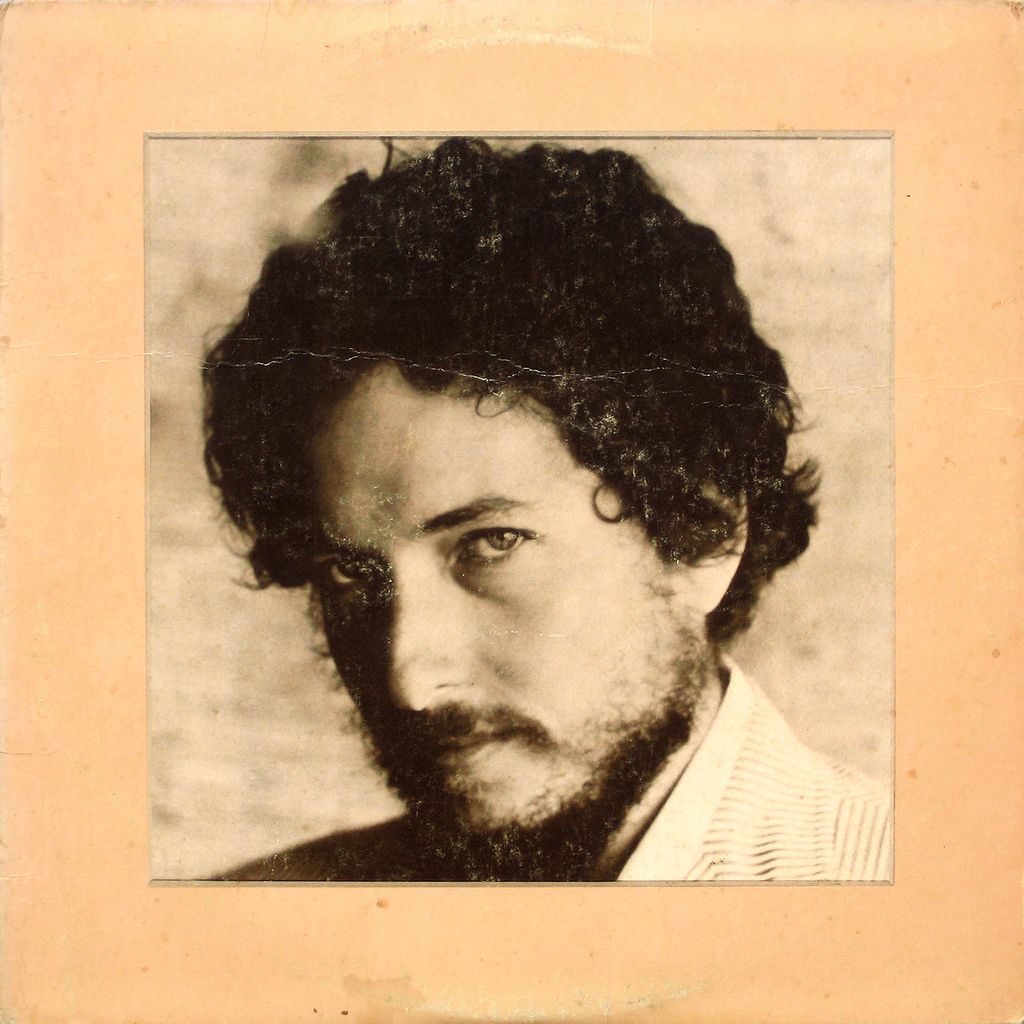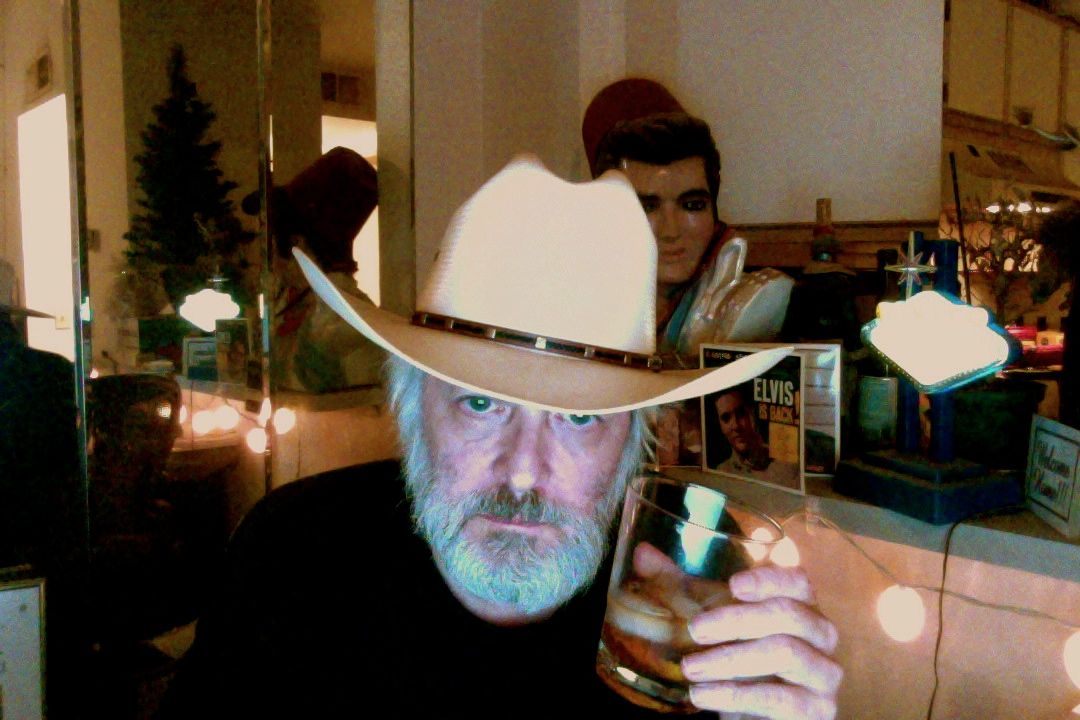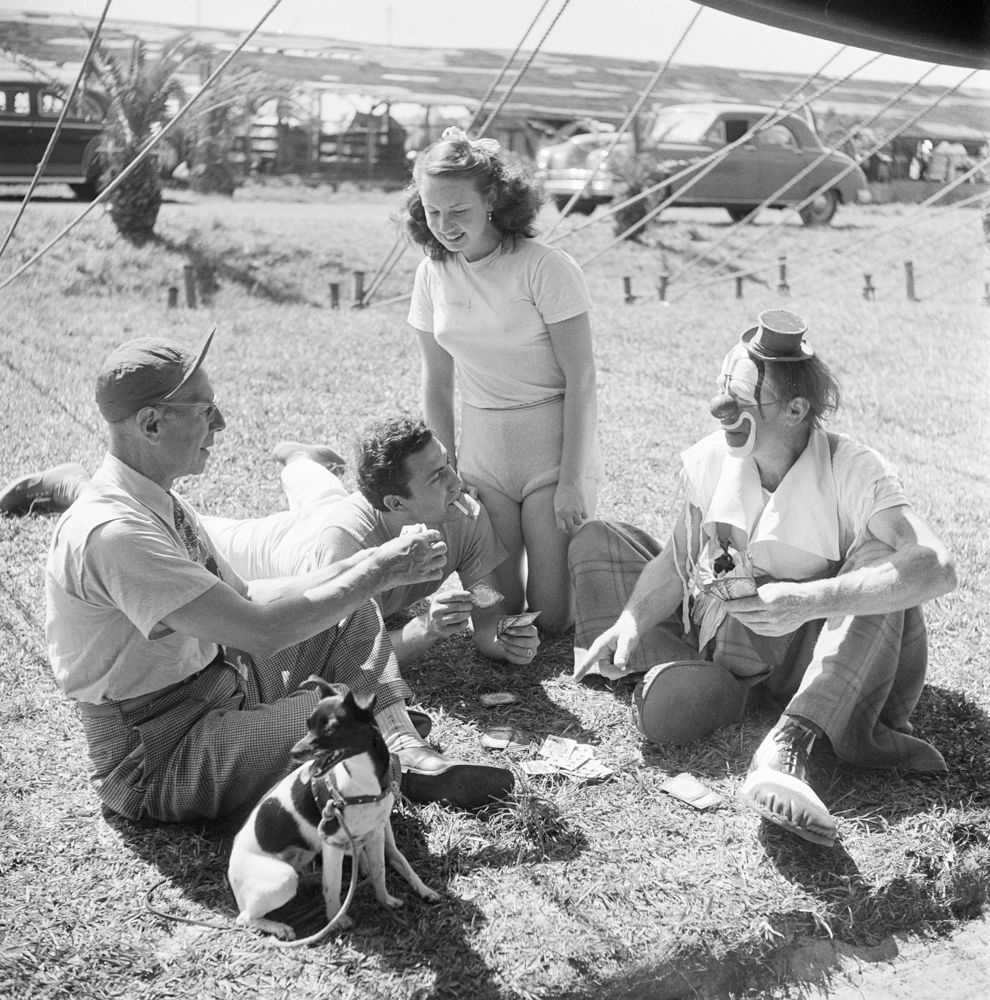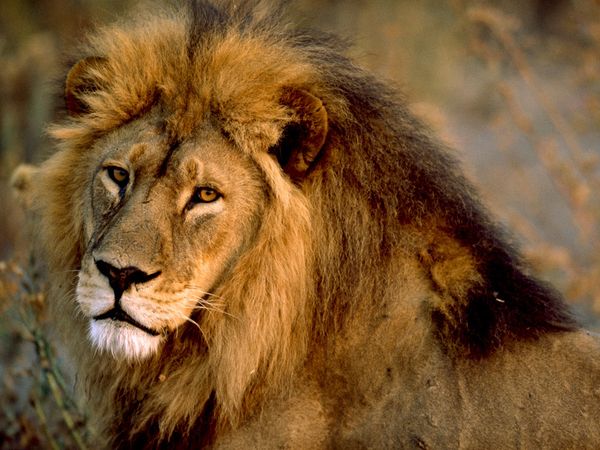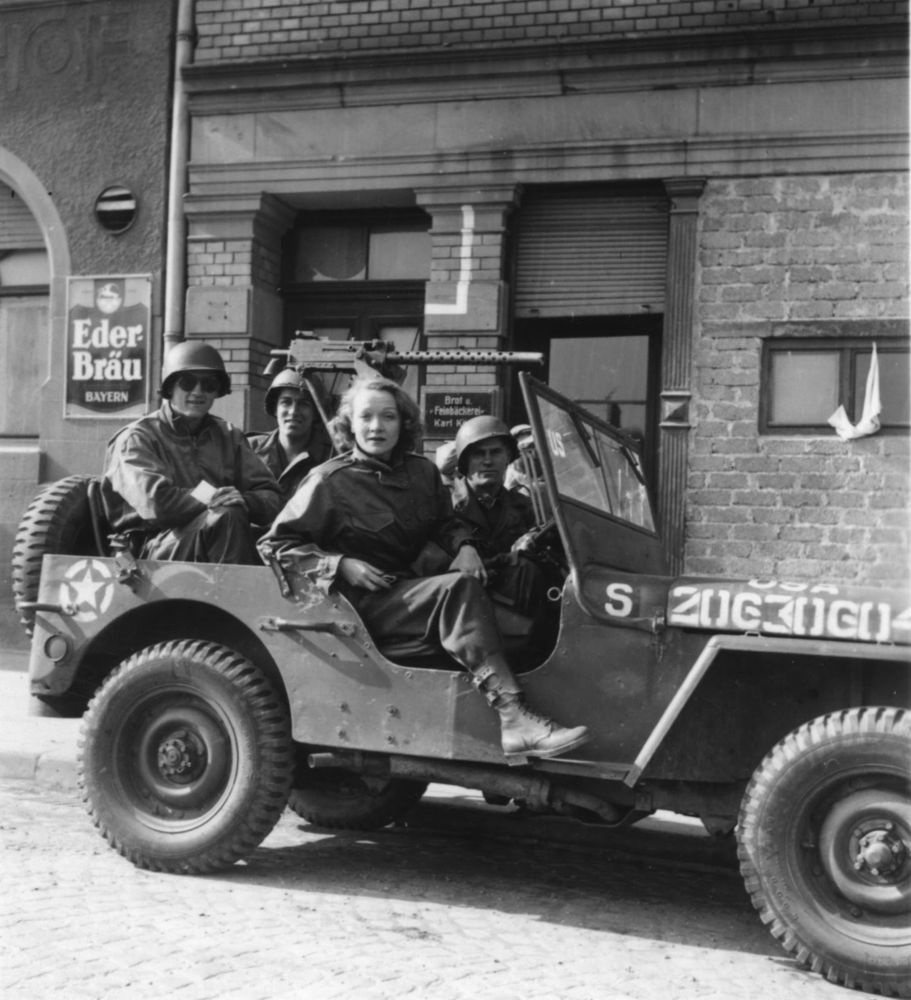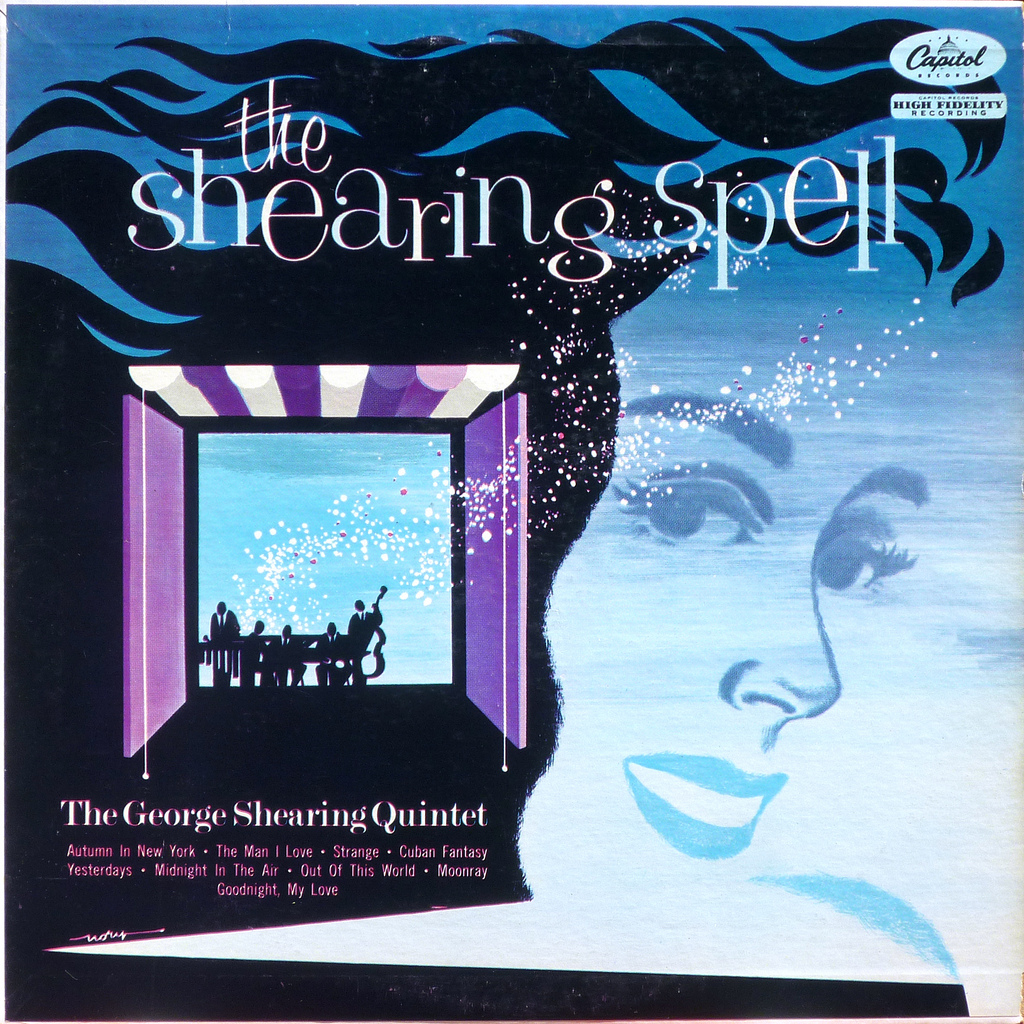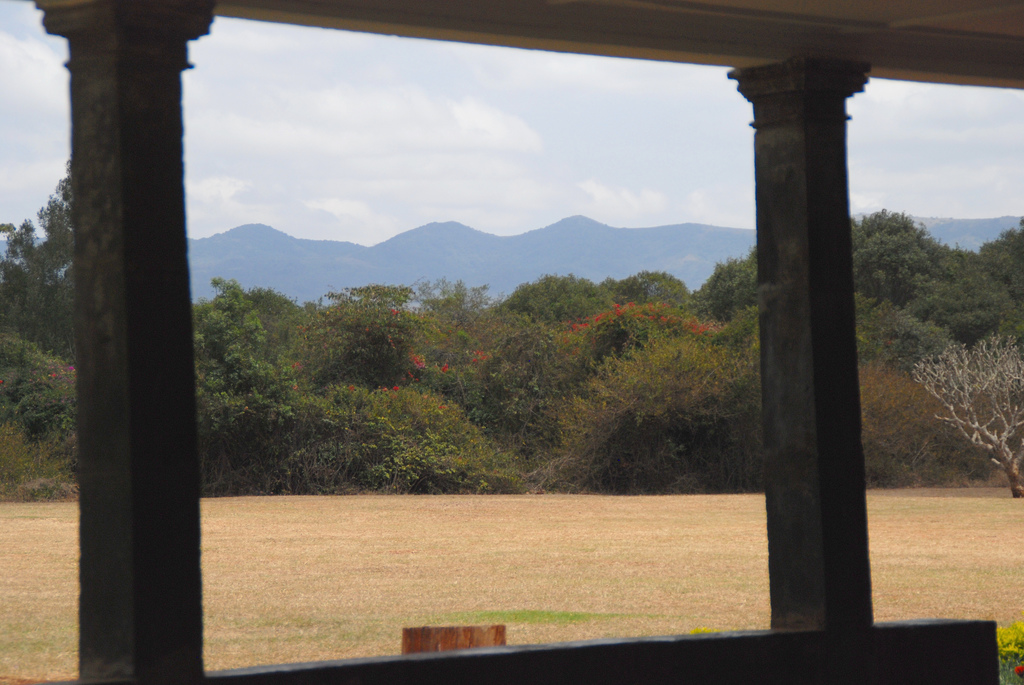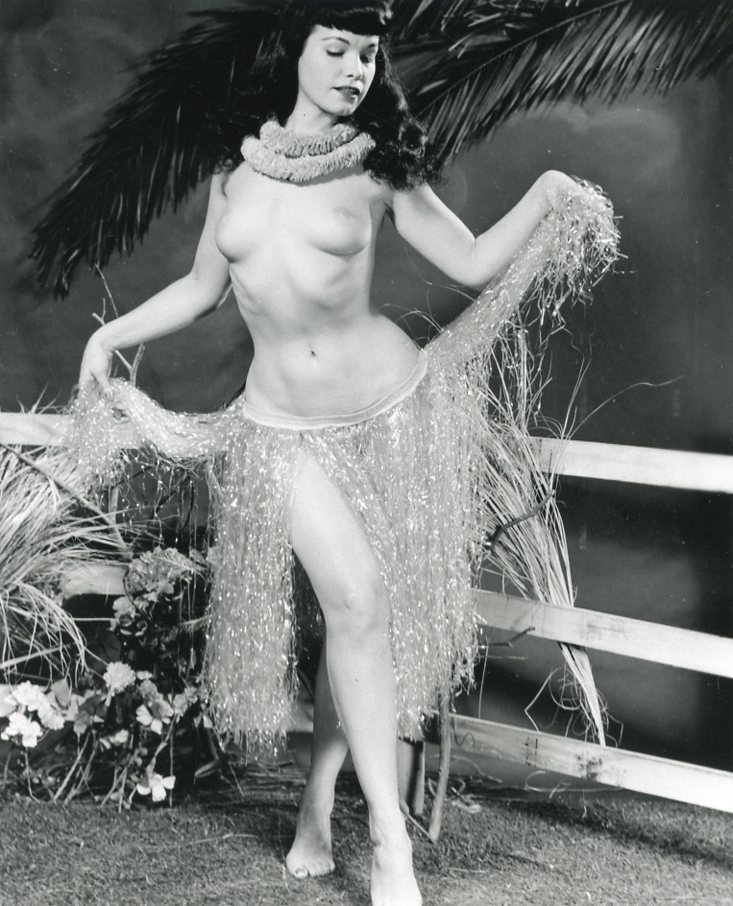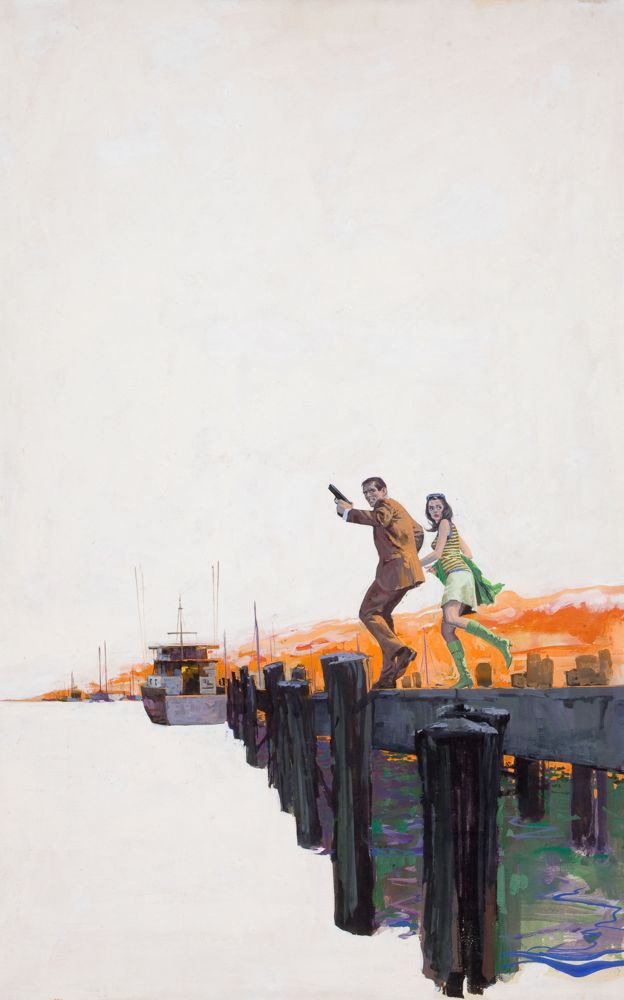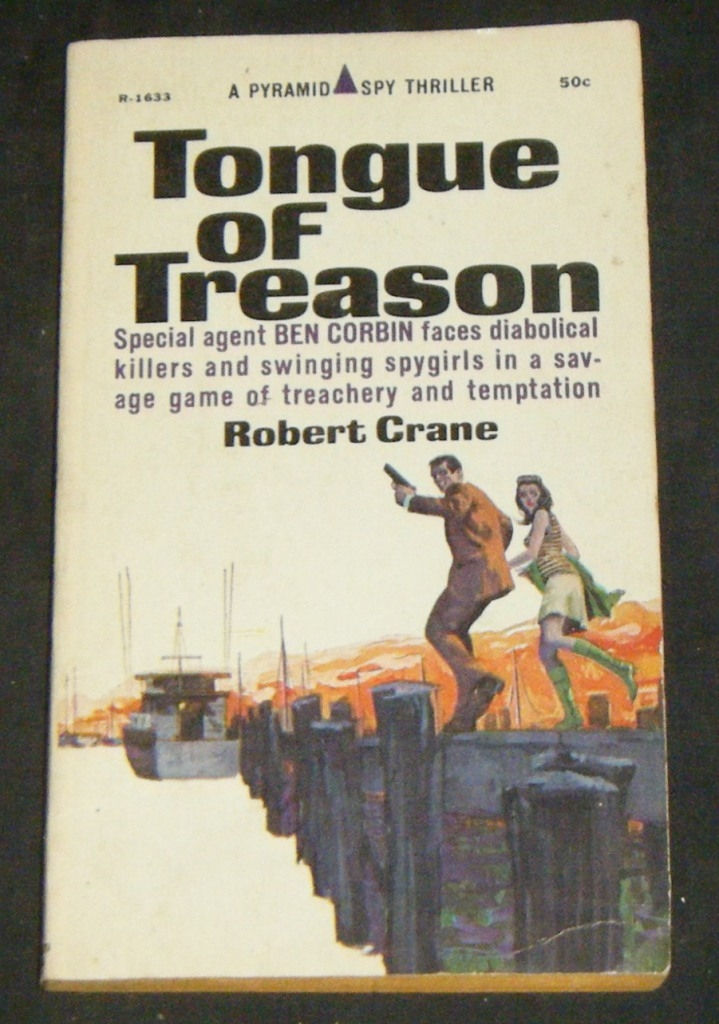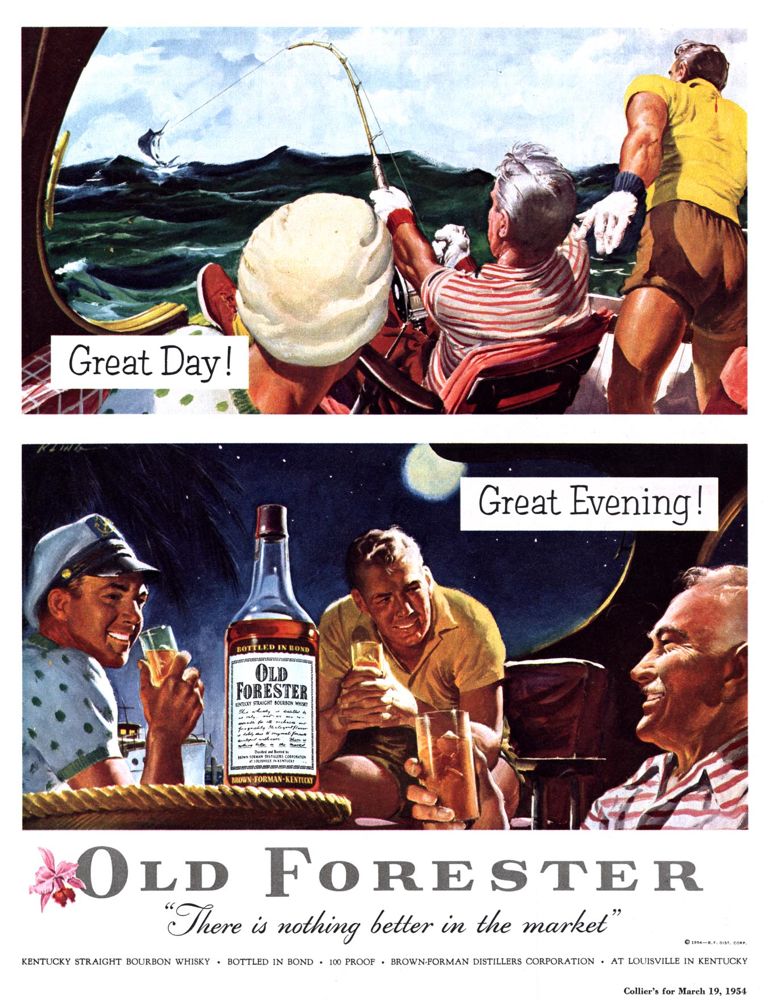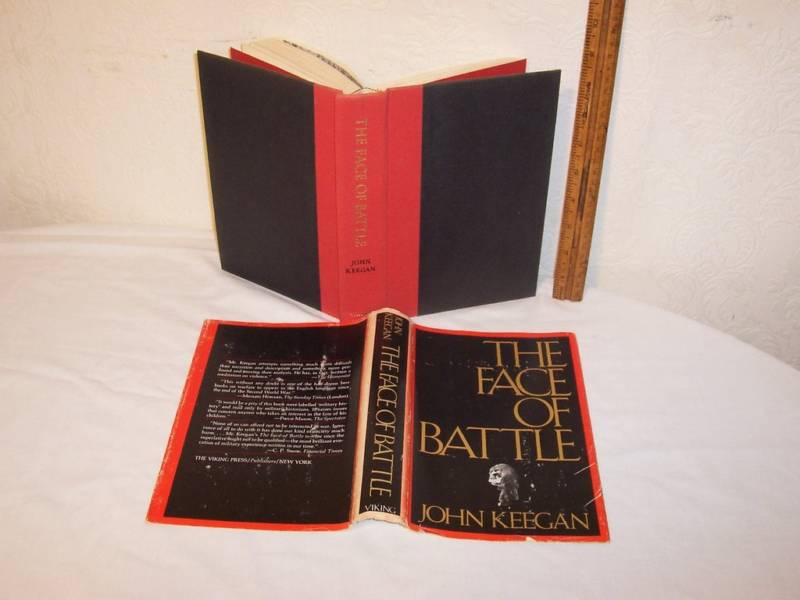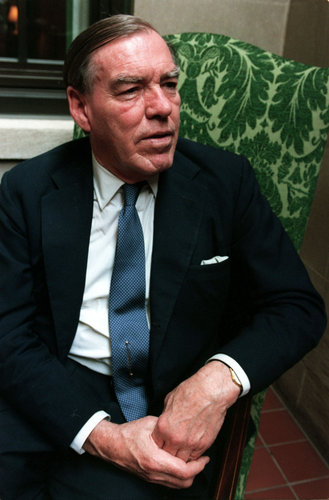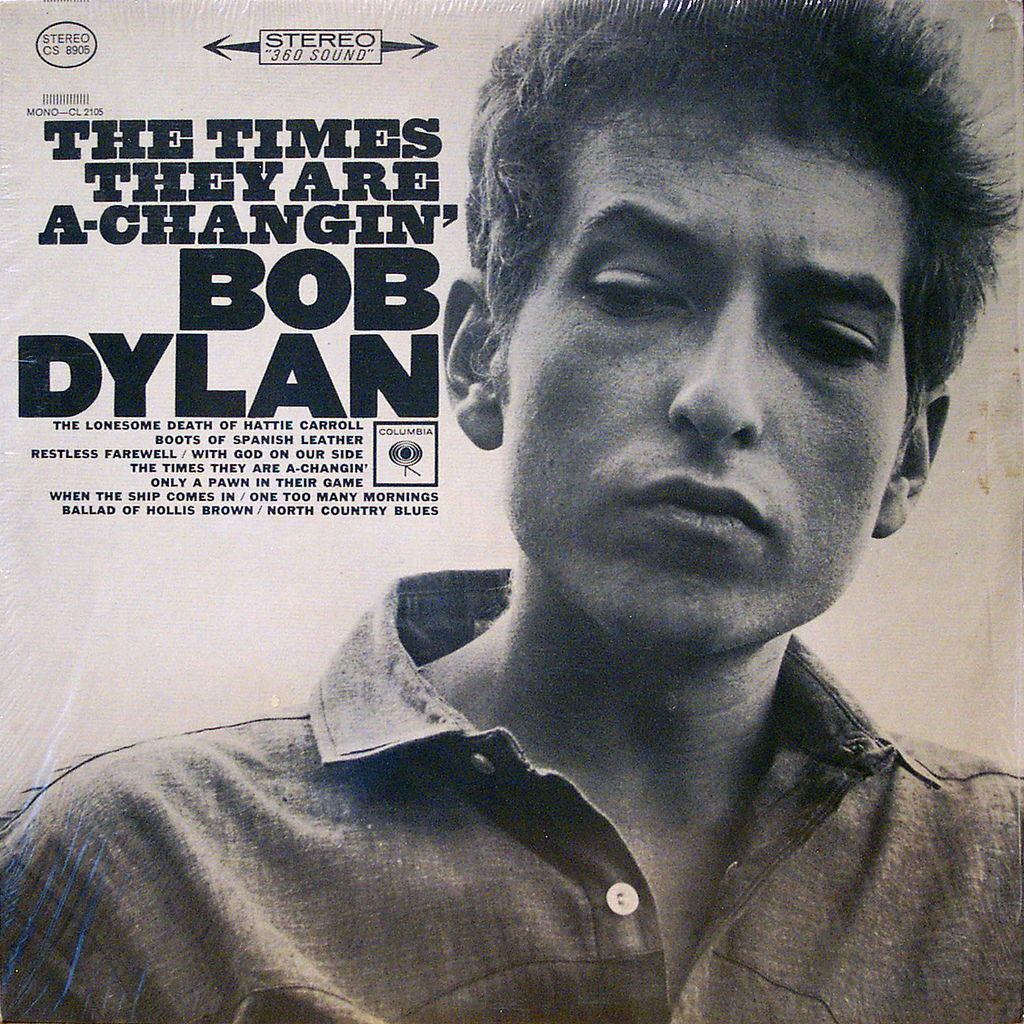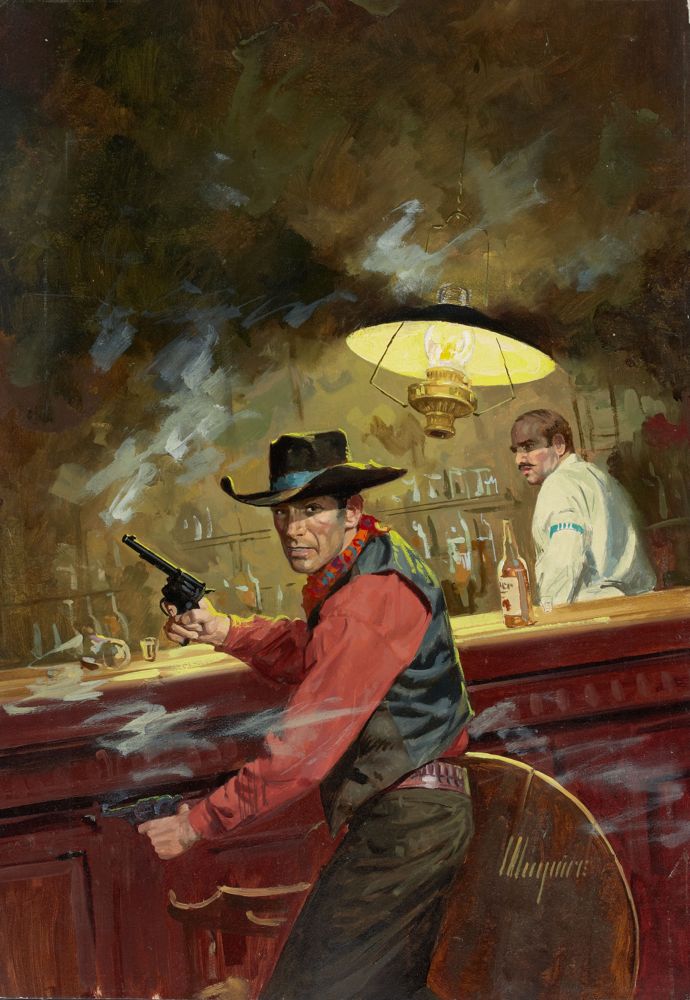Click on the image to enlarge.
SANTA FE
Dear, dear, dear Santa Fe . . .
CHEERS
Lifting a glass with an Old Fashioned in it to celebrate finishing the last story in a cycle of Western short stories, fourteen of them, running to just over 50,000 words — enough for a respectable collection. These are rip-roaring tales with plenty of adventure and sex and a parade of powerful female characters of the sort you don’t often find in Western yarns.
It will be a month or two before these stories are published, but tonight is a milestone for the author and worth a toast to the writing life, raised under the brim of a straw Resistol.
Click on the image to enlarge.
SOME LINES BY JACK GILBERT FOR TODAY
We must admit there will be music despite everything.
We stand at the prow again of a small ship
anchored late at night in the tiny port
looking over to the sleeping island: the waterfront
is three shuttered cafés and one naked light burning.
To hear the faint sound of oars in the silence as a rowboat
comes slowly out and then goes back is truly worth
all the years of sorrow that are to come.
— from “A Brief For the Defense”
A STANLEY KUBRICK PHOTOGRAPH FOR TODAY
GOD’S IMAGINATION
When I was a young girl, it was very far from my thoughts to go to Africa, nor did I dream then that an African farm should be the place in which I should be perfectly happy. That goes to prove that God has a greater and finer power of imagination than we have.
— Karen Blixen
This is probably the most important lesson one can learn in life. God never gives us what we want, but he continually gives us better things than we have the wit to ask for. If you don’t understand this, aren’t open to the preposterous propositions of God, you will live your life in a prison created by the limits of your own mundane imagination.
MARLENE
AN LP COVER FOR TODAY
ALL SORROWS
LOVELY HULA HANDS
A PAPERBACK COVER DESIGN FOR TODAY
A MAGAZINE AD ILLUSTRATION FOR TODAY
THE FACE OF BATTLE
The great John Keegan has died. His book The Face Of Battle revolutionized serious writing about war, because it concentrated on the dynamics of combat, on why men actually risk their lives in battle, without sentiment or euphemism.
The answers Keegan offered were startling, but shouldn’t have been. The factors that make men fight include alcohol, fear of letting down a comrade, the guys standing next to them in the line, and the practical difficulties of running away. Patriotism, idealism, gallantry hardly figure at all in the calculations a man makes in his “crowded hour”.
Keegan reminded us that most writing about war has been fraudulent, or at the very least misleading. Concentrating on grand strategy, national pride, personal inspiration have been ways of disguising the unspeakable, soul-shattering horror of what happens on a battlefield.
Sickly for most of his life, Keegan never served in the military, though he did teach military history at Sandhurst, the British army’s equivalent of West Point. He also served as a military journalist for newspapers like The Telegraph. Visiting modern battlefields, even he, after all his research, was startled by how “disgusting” they were. Although he had great admiration for soldiers and the military, and considered many wars justified, he described himself as “95 per cent pacifist”.

